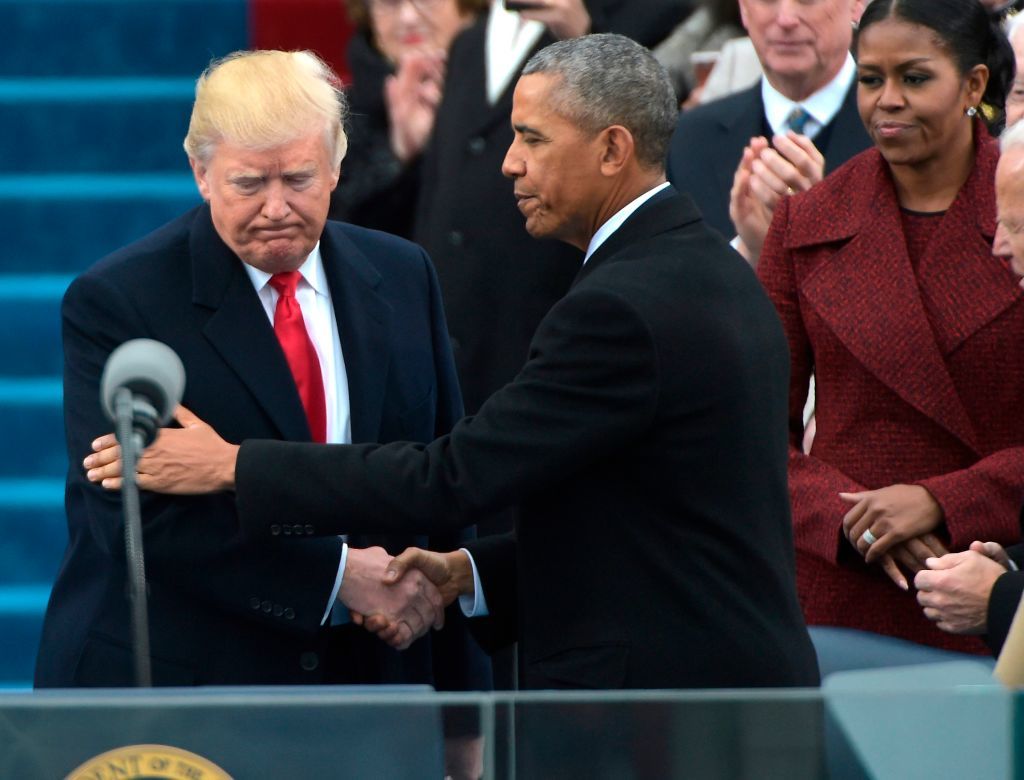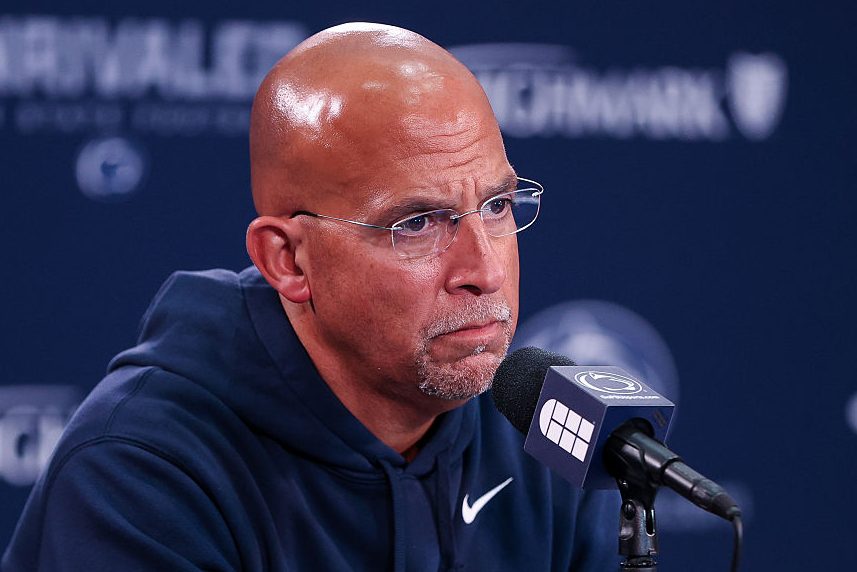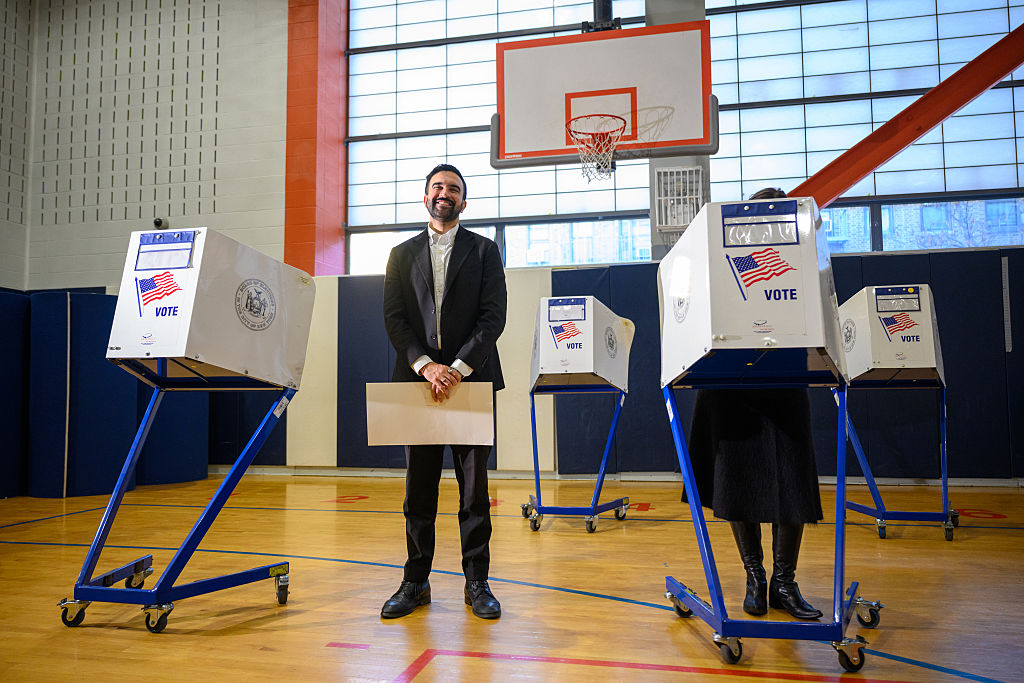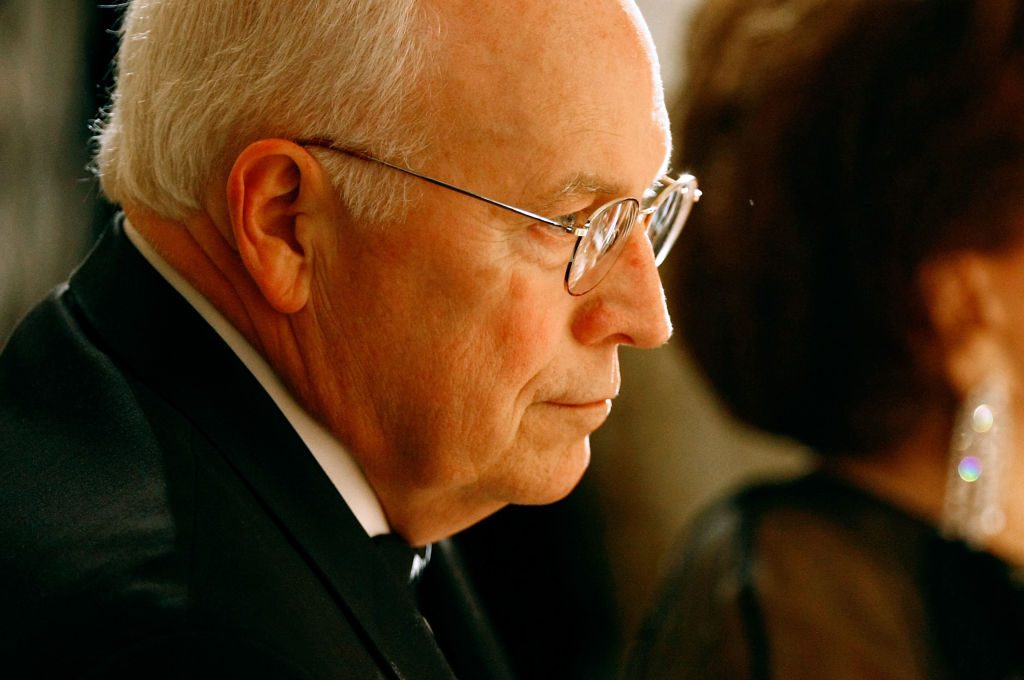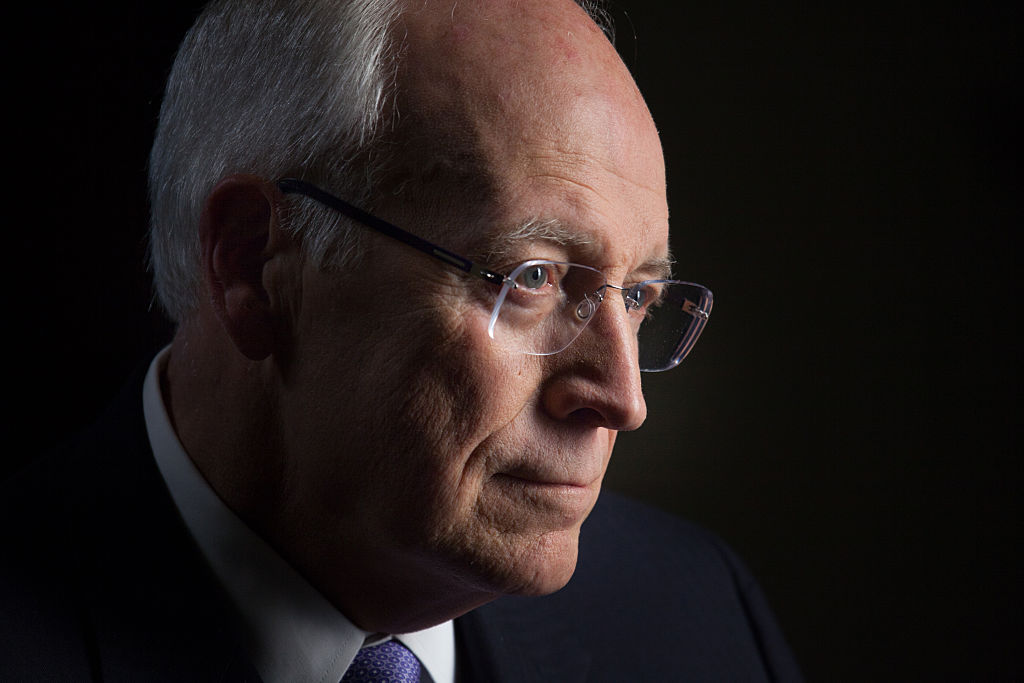You could call it the John Bolton effect. The president’s new National Security Adviser has only been in the job a few days, and already Donald Trump is threatening war with Russia on Twitter:
Russia vows to shoot down any and all missiles fired at Syria. Get ready Russia, because they will be coming, nice and new and “smart!” You shouldn’t be partners with a Gas Killing Animal who kills his people and enjoys it!
— Donald J. Trump (@realDonaldTrump) April 11, 2018
SMART! One can almost imagine Bolton’s moustache brushing Trump’s ear on that one. Trump didn’t talk about Russia like that before. But Trump’s new found bellicosity is also down to what could be called Obama syndrome. On foreign policy, you see, President Trump and his predecessor in the Oval Office are more alike than either man would admit. They have both found themselves struggling over the problem of China’s rise, only then to get distracted in the Middle East.
One man blusters while the other dallied, but it boils down to the same problem: they don’t really know what America should do with all its military might, its immense hard power, and so they are easily led into folly by foreign allies. Obama drew a red line in Syria but then didn’t act when he thought it had been crossed. With Libya, however, he allowed himself to be coerced by the then French President Nicolas Sarkozy and British Prime Minister David Cameron into taking action – and the result wrecked Libya, and that in turn helped cause the refugee crisis in Europe. Apart from agreeing that Gaddafi was a bad man, none of the leaders had a clear strategy for the future of the Middle East, or a keen enough sense of the wider implications of the conflict.
Something similar is happening with Trump and Syria. In both cases, American leaders have been pushed against their better instincts into taking military action. Trump and Obama are instinctively more dovish than the foreign policy establishments in Paris, London and Washington. But they are quite easily led.
Emmanuel Macron is now to Trump what Sarkozy was to Obama or Blair was to Bush – a disastrous intervention enabler. The French president has been reportedly ‘egging on’ the American Commander-in-chief to take action against Assad for his latest reported use of chemical weapons, never mind the possible nuclear fallout with Russia. And, as I say in my Spectator piece in this week’s magazine (published tomorrow), both men are under the strong influence of the Saudi Crown Prince, Mohammad bin Salman, who funnily enough was in America last week and France on Monday. Salman wants to hurt Assad because he wants to hamper his closest ally, Iran. The Crown Prince has also been in Britain very recently, too. Surely this might be at least part of the reason for the newly rediscovered consensus against ‘Animal Assad’, as Trump neatly calls him. Obama would not have used words like that, but he did allow himself to be manipulated into picking dangerous fights. The 44th and the 45th presidents have more in common than people think.



